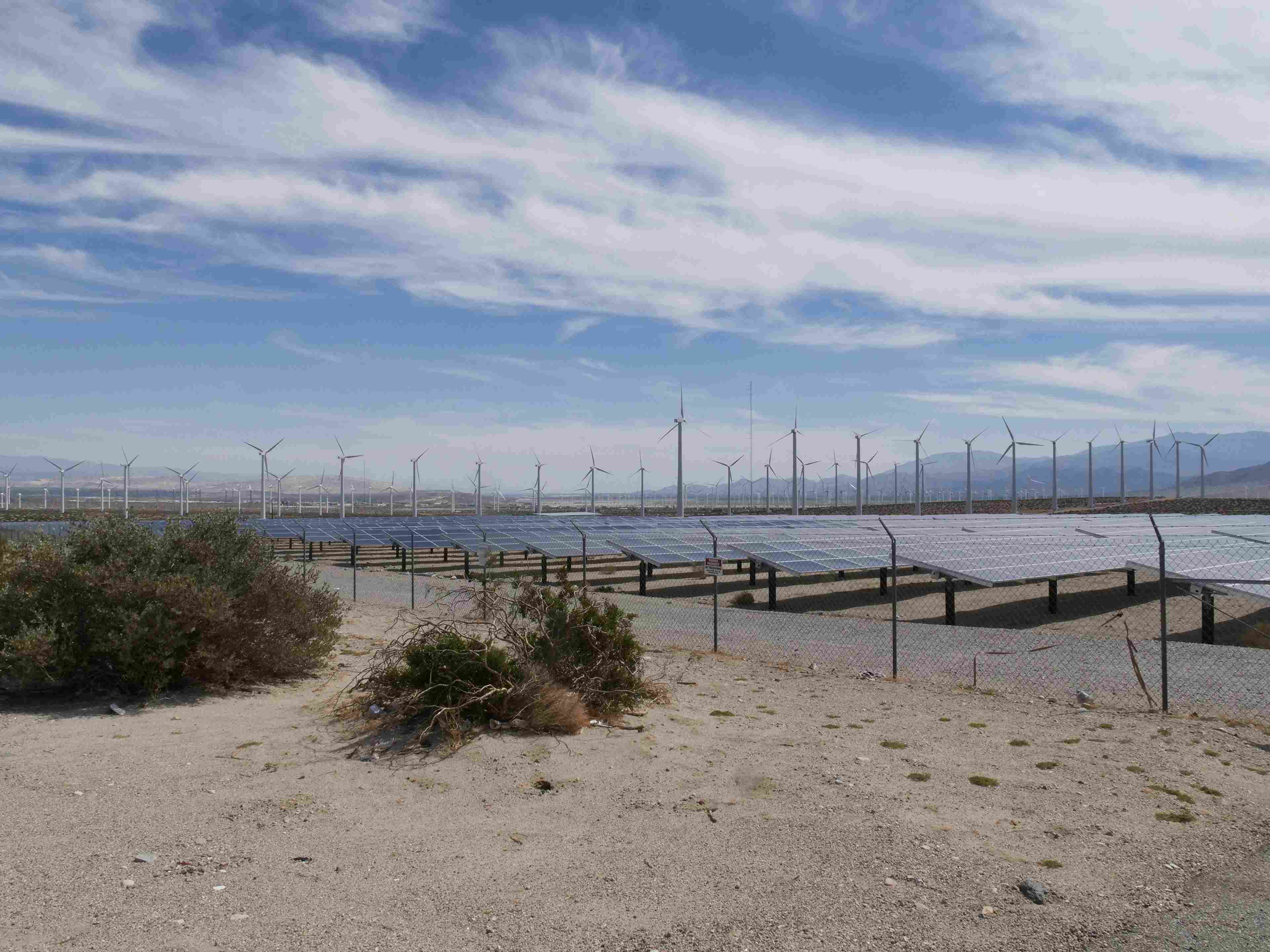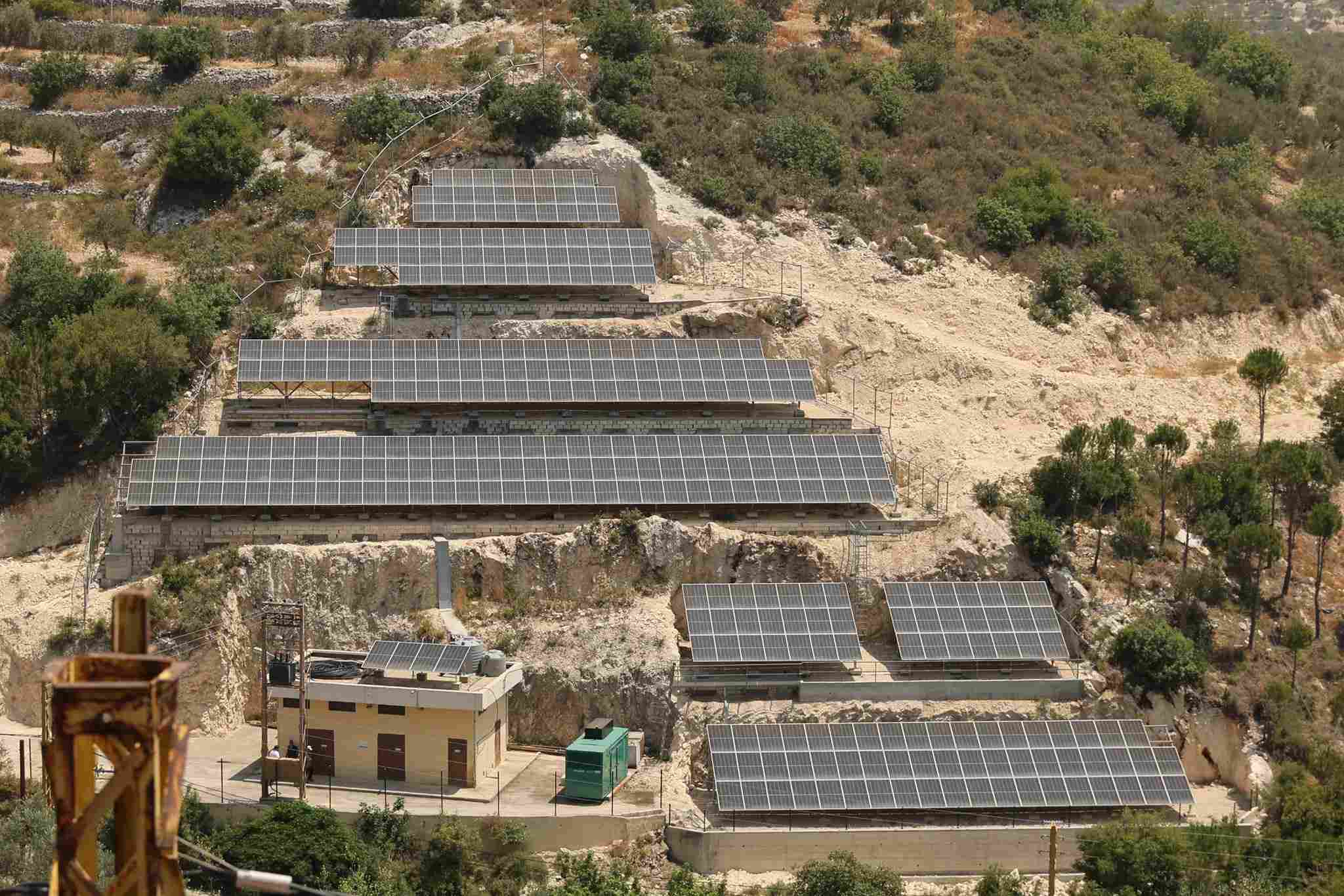
Beirut, Lebanon (Enmaeya News) — The global climate technology market is booming. Valued at more than $25 billion in 2024, it is expected to top $235 billion by 2034, growing at nearly 25% annually.
Technological advances in renewable energy, sustainable agriculture, carbon capture, and energy efficiency are driving the growth. Rising regulatory pressure and growing awareness of climate change impacts are also fueling demand.
The Middle East and North Africa region is beginning to stake its claim. Saudi Arabia recently announced an $8.3 billion investment in solar and wind projects, aiming to add 15 gigawatts of renewable capacity by 2028.
National strategies such as Saudi Vision 2030 and the UAE’s net-zero by 2050 goal are attracting international investment and encouraging innovation. Across the region, startups are developing solutions for waste management, sustainable agriculture, and clean energy.
Lebanon, despite economic and infrastructural challenges, is carving out its own niche. Its climate tech ecosystem is driven by startups and supported by incubators and international partners.
Programs like Berytech’s Clyntech are turning waste into value-added products and developing decentralized solar solutions for the country’s energy crisis. Injaz Lebanon’s IdeaLab pre-accelerator helps young professionals turn ideas into viable businesses.
Lebanon’s 2025 Long-Term Low-Emission Development Strategy frames climate action as a key part of economic recovery. The country is showing that innovation can emerge from necessity, producing locally relevant solutions.
The shift toward a sustainable economy presents challenges and opportunities. Lebanon’s growing startup ecosystem and strategic regional position could make it a meaningful player in the climate tech revolution, contributing to local resilience and global sustainability.







